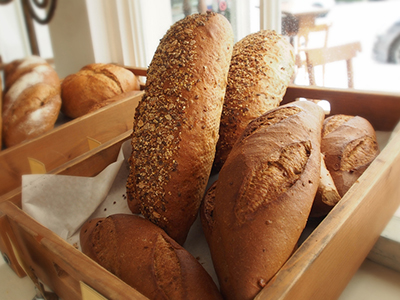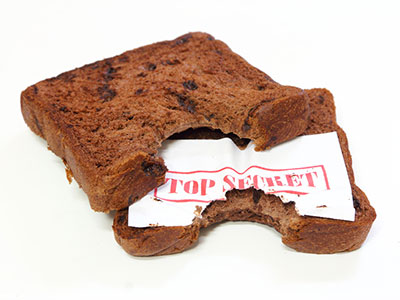As many TSW readers are aware, 2016 has been a big year for trade secret law, with both the United States and the European Union expanding trade secrets protections and increasing the uniformity of their laws. But as good as this year has been for trade secrets protection, it’s been every bit as bad for noncompete agreements.
READ MORE
RIGHT IN THE BREADBASKET: Lessons From Early Cases at the Intersection of Noncompetes and the DTSA



